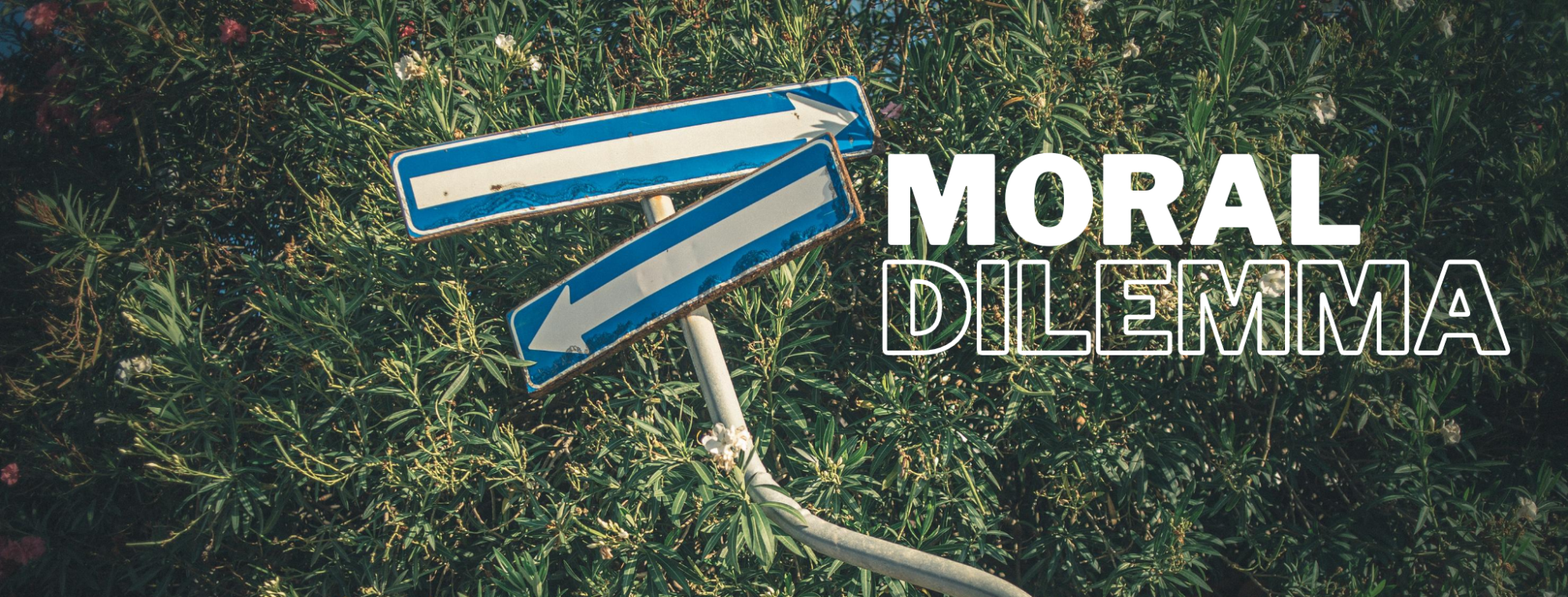
Damned if you do, damned if you don’t. That’s what it can (and does) feel like for many destinations right now. After months of zero or near zero visitation, leisure travel has returned in earnest, and in some instances, it feels like the floodgates have been opened. How, then, do destinations balance the urgency and pressure to generate much needed revenue and economic recovery, with the responsibility of protecting the health and safety of the community and its residents? It’s a moral dilemma that is being debated across the globe, including at some of the country’s most popular leisure travel destinations.
Moral or ethical dilemmas are not new to tourism, with sustainability and overtourism often being at the center of the debate. According to the American Psychological Association, “moral dilemmas are challenging because there are often good reasons for and against both choices. For instance, one could argue that it is okay to kill one person if it would save five, because more people would be saved, but killing itself is immoral.”
While we’re not talking about killing people – at least not willingly or knowingly – the predicament we find ourselves in is extremely challenging nonetheless.
At DVA, we are fortunate to call one of the West’s top leisure travel and outdoor recreation destinations home. Right now in particular, Bend is proving to be a strong case study – or test tube, if you will – for tourism and recovery marketing during the pandemic. In response to an extremely high influx of leisure travelers over the past several weeks, and compounded by rising case numbers in Deschutes County, the City of Bend recently issued an administrative order strongly encouraging visitors to stay away until Sept. 7.
While the administrative order in Bend stops short of being an official travel ban, it’s a bold move for a destination and one that specifically asks operators of hotels and other lodging facilities to refrain from booking any new tourism or vacation-related reservations.
It should be noted that this order was implemented by the City of Bend and not by Visit Bend directly, though Visit Bend supports the order, has been a strong proponent of safe and responsible travel throughout the pandemic, and issued a statement in response that read in part, “We fully support the reinstatement of travel restrictions, and we’re adding additional messaging to the website underscoring the importance of staying home and staying safe.”
The order was met with mixed reactions from local tourism and hospitality industry businesses, many of which are desperate to make up for lost revenues through the remainder of the summer travel season, while at the same time protecting the health and safety of themselves and their families, their employees, and residents.
Is this the case of one forward-thinking community sacrificing short-term gain for the long-term health of its community and its tourism industry? Or is it a sign of bigger things to come in the form of more widespread travel quarantines throughout the country for out-of-area visitors, formal bans or travel restrictions, fines for non-compliance, and other penalties and sanctions?
In this case, we think both scenarios may be true.
The destination marketer in us desperately wants to believe that travel and safety can coexist. But as residents of a tourist town, the realist in us knows that not all visitors share the same respect for a destination as the people who call it home. And we would be remiss if we didn’t mention that many local residents also struggle to practice proper pandemic etiquette.
It’s a difficult problem to solve even under the clearest of circumstances. These decisions are particularly challenging at the community level, and are much easier to follow (though no less difficult to swallow) when mandated by or handed down from state or federal agencies. Regardless, it’s a storyline that we have been helping several destinations prepare for and navigate as visitor numbers increase and case numbers show no signs of slowing down. It’s a textbook moral dilemma, and one that is coming soon – if it hasn’t already – to a destination near you.
**Story courtesy of DVA Advertising